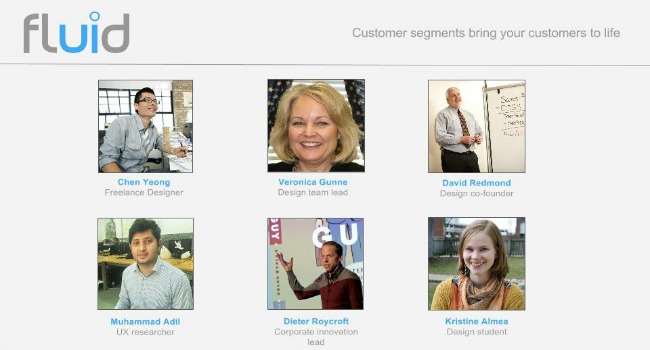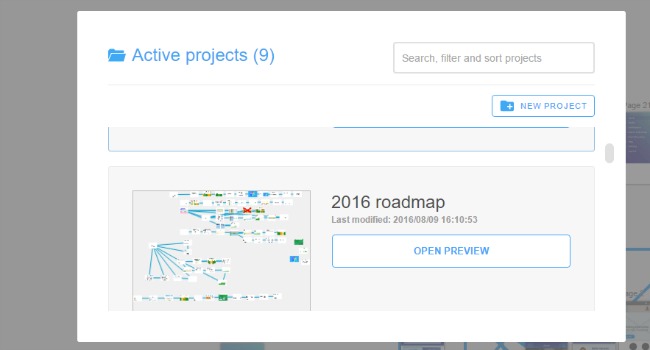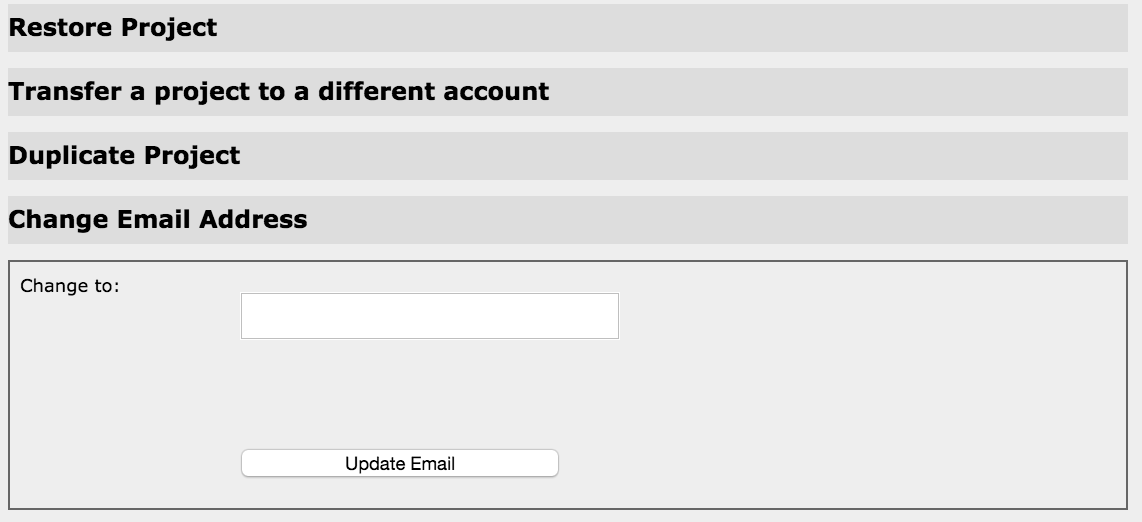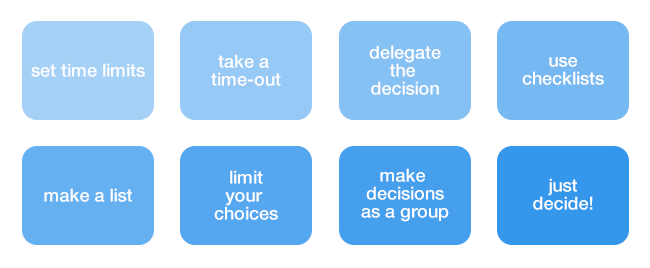Small companies are constantly battling with massive amounts of work to be done and not enough people to make it all happen. Scope needs to be cut, features need to be delivered to the highest quality and - somehow - it all needs to happen as quickly as possible. Resources are thin on the ground. Every person and every minute counts. But, like it or not, there are a finite number of hours in every day - and somehow delivering more with the same resources is often the only option.
When we talk about working hard, we too often boast about the number of hours worked, but this can also be a false metric. So for a change, I’d like to focus not on working more - but working more smartly. Here goes.

High quality asset production is costly and time consuming. Look for as many ways as possible to reuse and maximise the value of each piece of content you create rather than just using it once:
Every asset you create can be used multiple times - and creation is far more time consuming than reusing. Sit back and think about how you currently balance the two, and think about how you could get more value from each method.
A big decision is pending. Maybe an investment round is being decided on. The future of the company is hanging in the balance. It is mentally all consuming.
Stop worrying about decisions in other boardrooms in other parts of the planet you can’t change. If you can’t control it and you can’t mitigate it, don’t worry about it. More often than not, it’s just other people and other companies moving more slowly than you would like. No news is good news.
Put those things to the back of your mind. There is other work to be done. If it is life or death, assume the decision will go your way and act that way. Otherwise, move on, get something else done. You’ll never get that time back.
Once upon a time I believed in the mantra:
“Make great things and then tell people about them”
That’s obsolete now. Online business - in particular - is too competitive. Now it’s more like:
“Do great research, build a viable solution and then tell people about it”.
The biggest productivity gain comes from the work you never start - which means knowing what you should start and what you shouldn’t. It can save your company a fortune. Get started with your frontend development with these premium bootstrap themes and templates.

If you aren’t using your own product, who will?
Make your product self hosting as soon as possible. You’ll learn more quickly what needs to be changed. Use it even for peripheral purposes (like we keep our roadmap in Fluid UI even though its a prototyping tool). It will help find bugs and frustrations long before your customers leave because of it. And that means more money, a bigger team, and faster production.
If you are in the internet space, somewhere between 40 and 1000 other startups are doing the same thing you are doing. Worrying about them is a waste of time. Copying their feature list means being a follower, not a leader. You see their gloss - it can invoke paranoia. You see your own product - it’s missing something critical they have.
STOP.
Take a deep breath.
Your competitors see you the same way. Both of you are struggling with exactly the same issues. When you worry about them, you are wasting productive time.
The team that stays focused on their own problems will deliver faster.
The first time you solve a problem for a customer (be it a support issue, a sales request or a feature request), you likely don’t know if it is a one off, or the start of a regular issue. Fix it the fastest way you can. Hack up a solution. Move on (quickly, obviously).
The second time you encounter the issue though - it’s time to make it repeatable. That’s the time to invest in better code standards, design standards, support dashboards, whatever is needed.

Yes, there is a short term productivity hit. But It’s better than doing it for the first request, and it’s faster than solving the request manually a whole bunch more times. Plus, once it is repeatable it can be documented, delegated and handed over.
Corporate indecisiveness consumes more productivity than wrong decisions made quickly and then corrected with another release. Make decisions - even wrong ones (then apologise for taking the wrong path if needed).
If you don’t know if a decision is right and you are discussing it with someone else who also doesn’t have a clear understanding to the problem.
STOP.
IMMEDIATELY.
Don’t waste time discussing it - put it live and let the metrics and user feedback decide what needs changing later. Eliminate that moment when all you have is opinion, and no data to back it up.

Don’t start something new till you’ve finished the last thing. Only things that are live and affecting your users create value. “Done” means live and affecting sales. Everyone is responsible for getting the whole project done, not just their own bit.
Keep meetings quick, with a clear kickoff. End them decisively with a recap. Know who is responsible for running a meeting even if you are not there. Use the “last person to arrive runs the meeting” rule for regular meetings (especially if the normal chair is missing).
Seagull managers: They fly in, shit all over things, then fly off again.
Don’t create that chaos.
Did you not like a decision that was made in a meeting that happened while you were on holidays recently?
Tough.
Move on.
Questioning decisions your team have made (even ones you view as wrong) creates a lack of confidence in your team. A lack of confidence causes indecisiveness. Indecisiveness causes delays. Not just now, but in every future project too.

Every question a teammate has is a potential delay on their project. Every question asked on one project can delay work on another project. Context switching is a bitch.
Make people understand that asking questions has a productivity cost for everyone involved, and then make sure the communication structures are in place to make sure there is a time each day that people can feel confident getting the information they need to avoid being blocked. Anything that can wait for a few hours - should. Anything that can’t - should be asked immediately. Finally, hire good people to make sure they know which are which. But that’s a different article.